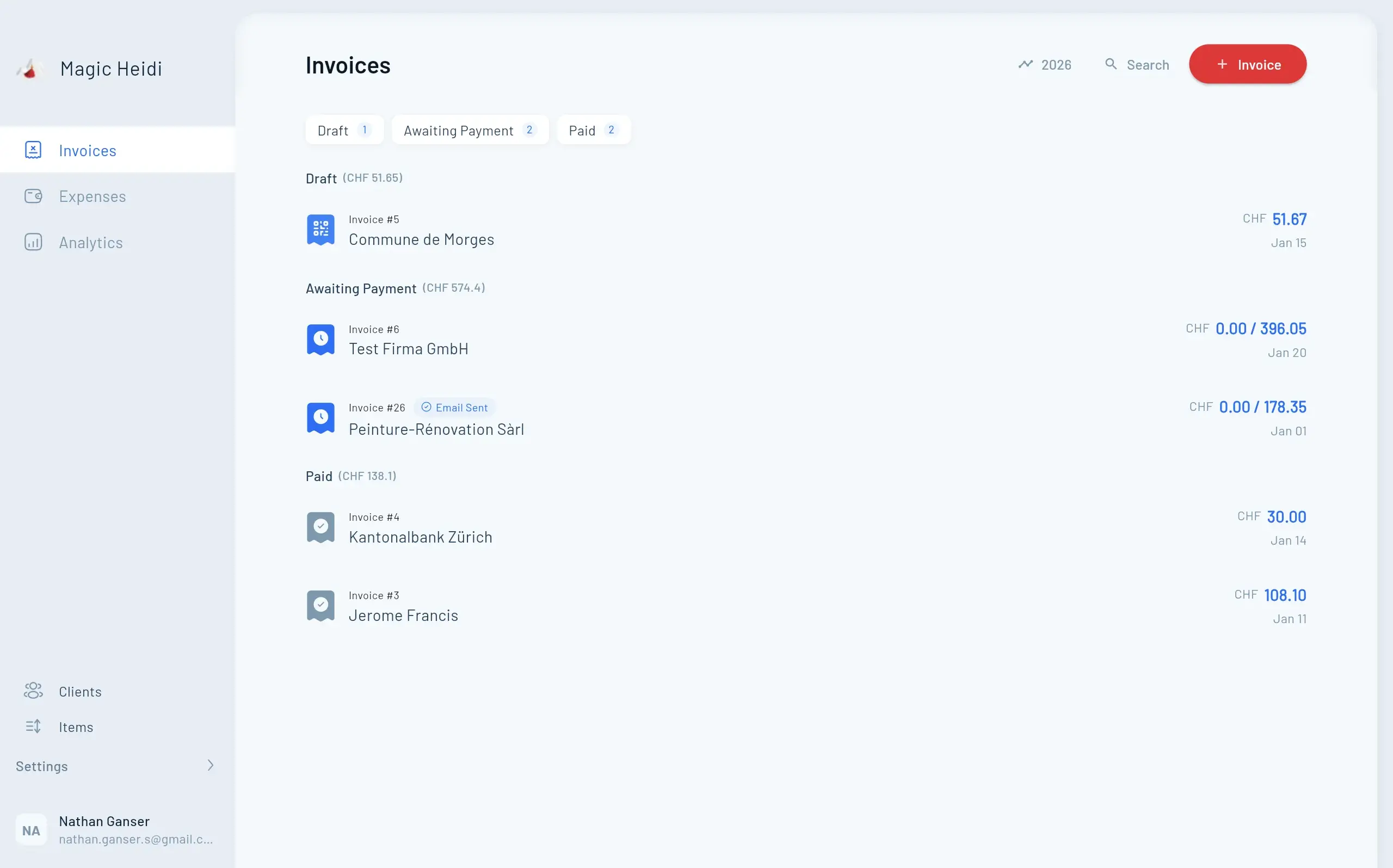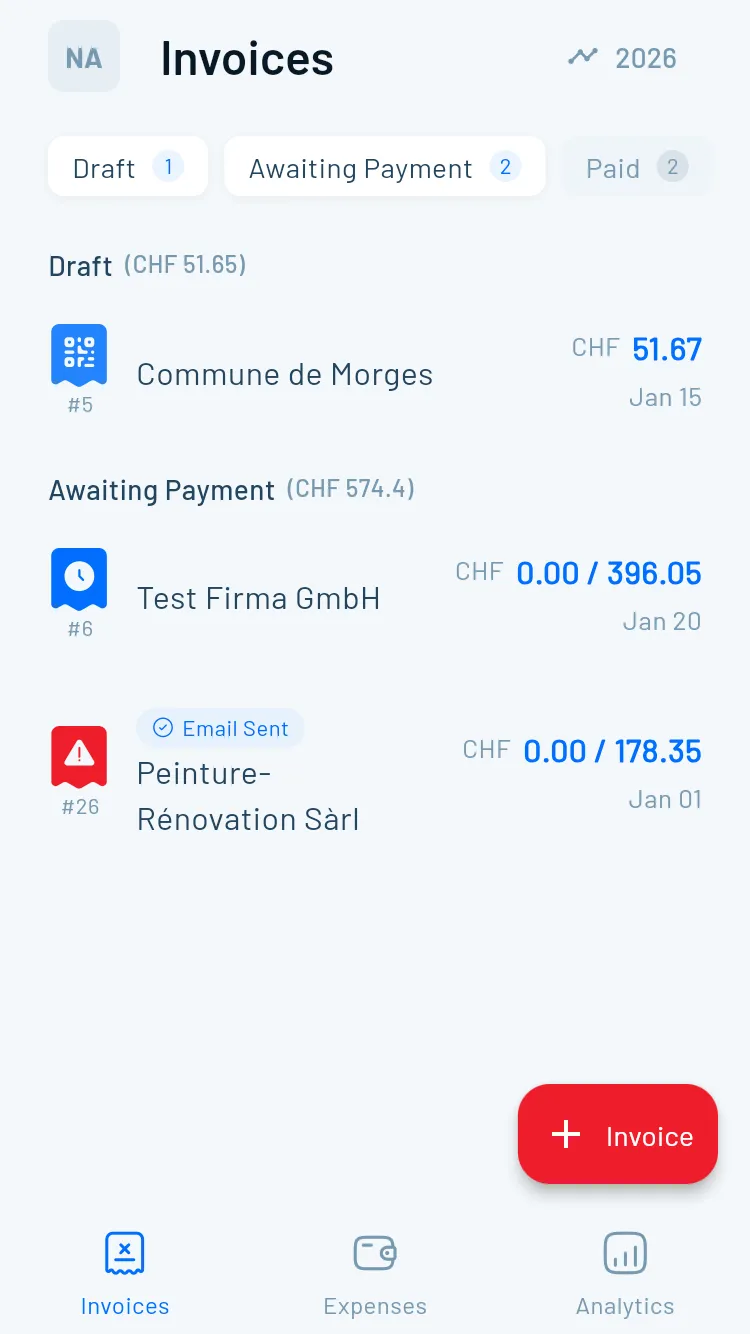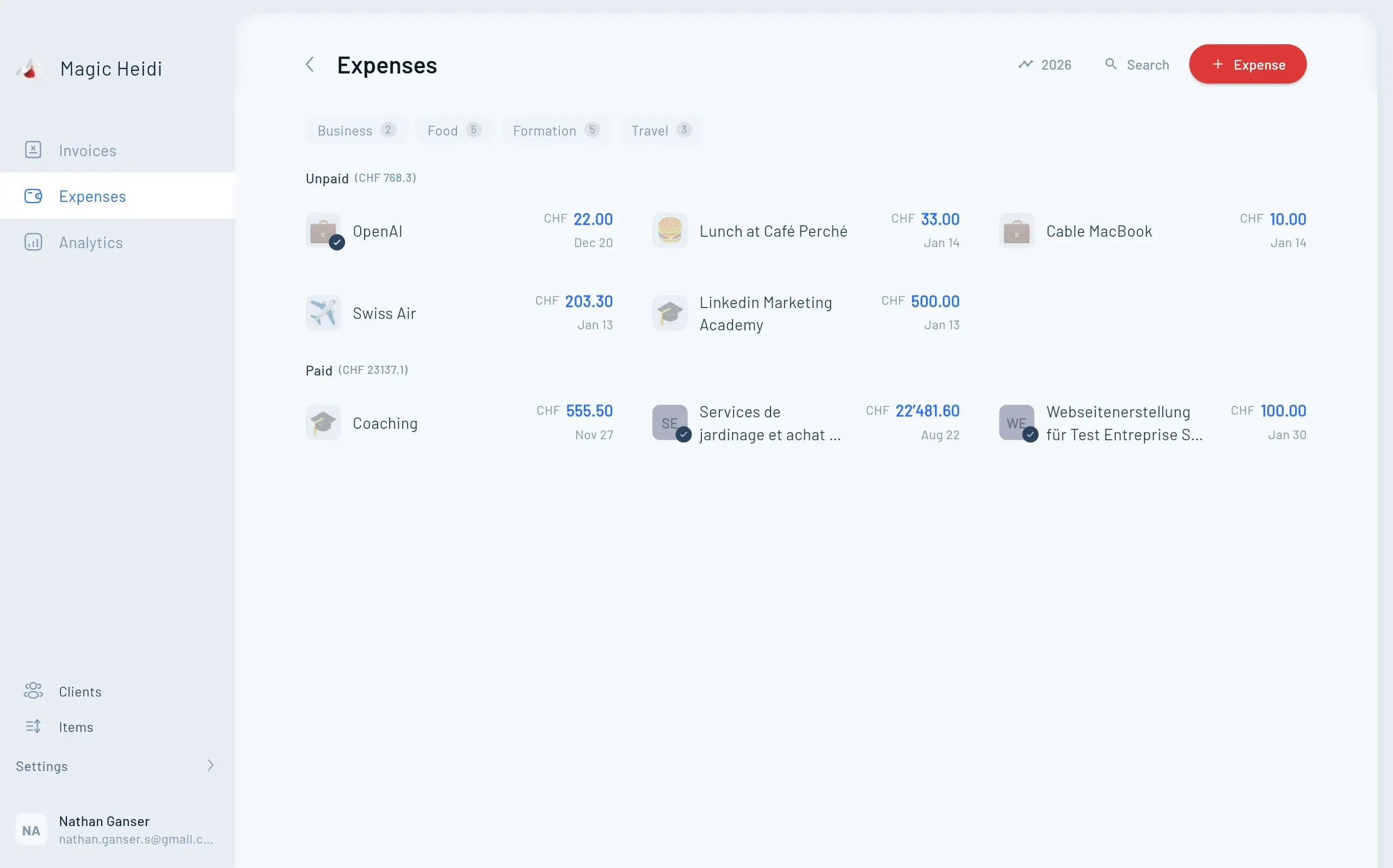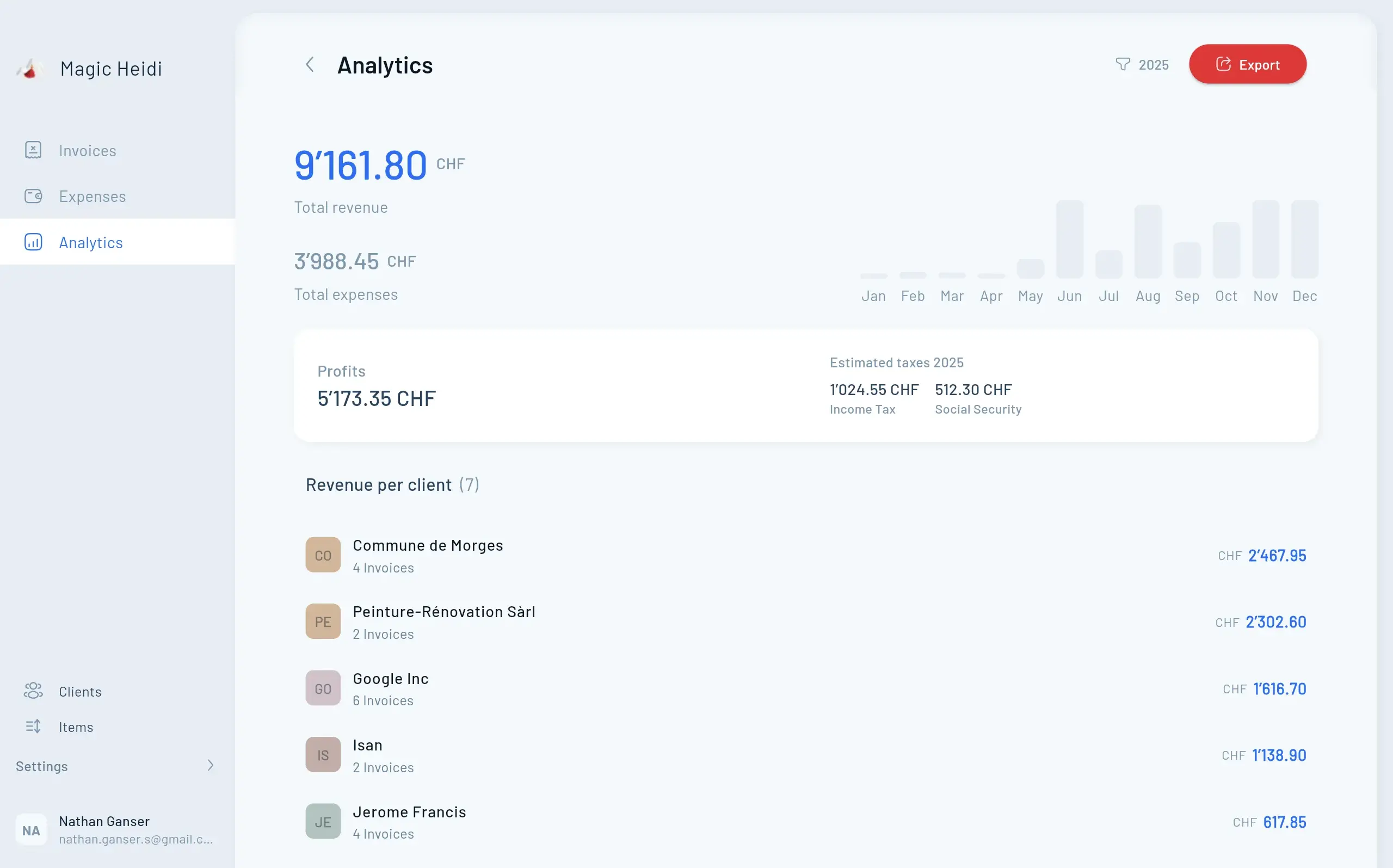Correcting Invoice Errors
Issue a credit note that references the original invoice number and reverses it. Then send a corrected invoice with a new number. Never try to 'fix' an invoice after sending.
- Reference original invoice number clearly
- Create complete reversal credit note
- Issue new corrected invoice with new number
- Maintain clear audit trail for tax purposes




